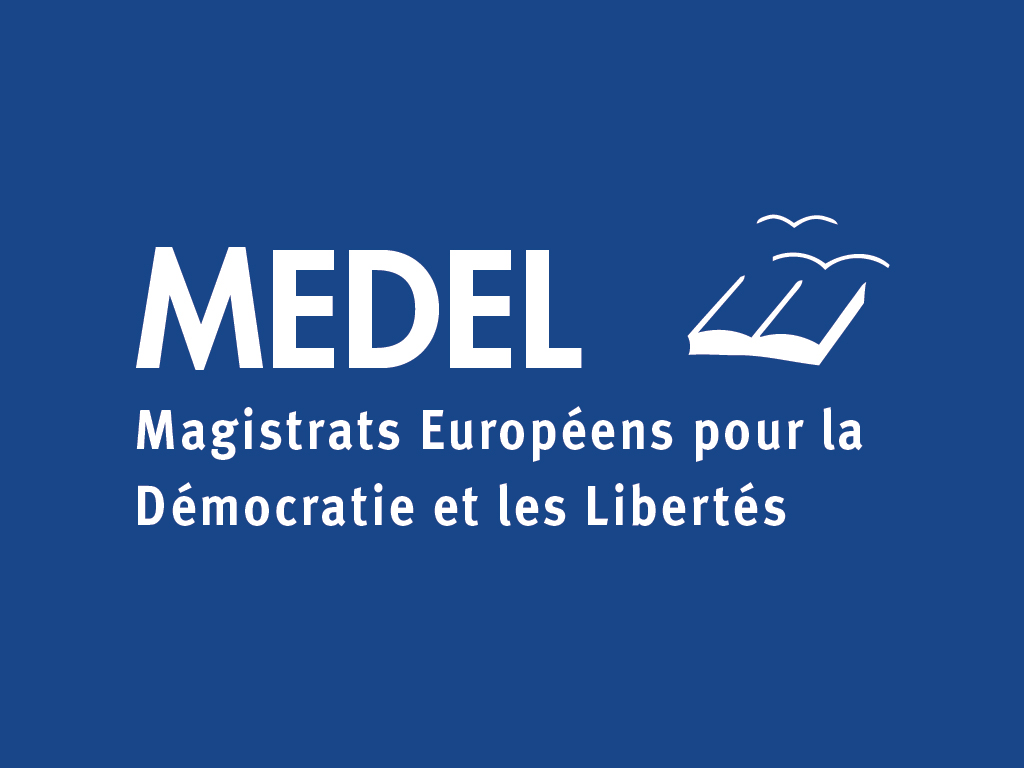MEDEL acknowledges the growing role of judges and prosecutors in the public debate on the Rule of Law.
Magistrates are not only allowed to, but have the duty to participate in informing the society about the rights of citizens and to reinforce the rule of law and the perception of it.
Magistrates shall also publicly oppose the violation of the rule of law and voice their disapproval upon the implementations of legal acts violating it.
MEDEL shares the opinion of the report “Judicial Ethics – Principles, Values and Qualities”, approved by the London Declaration on Judicial Ethics, adopted by the European Network of Councils for the Judiciary in 2010, which emphasises that:
“At the same time, the obligation of reserve cannot provide a judge with an excuse for inactivity. While he should not speak on cases with which he deals personally, the judge is nonetheless ideally placed to explain the legal rules and their application. The judge has an educational role to play in support of the law, together with other institutions which have the same mission. When democracy and fundamental freedoms are in peril, a judge’s reserve may yield to the duty to speak out.”.
Similarly, the European Court of Human Rights in its jurisprudence acknowledges the right of judges to participate in the public debate in the matters regarding the condition and operations of judiciary. Such debate enjoys the protection of Art. 10 of the Convention for the Protection of Human Rights and Fundamental Freedoms.
As MEDEL has stated in its contribution to the Assises de la Justice, organized by the European Commission in 2013, judicial associations have an essential role in the public debate aimed to reaffirm the values of the rule of law and the primacy of the fundamental rights. Through independent judicial associations, judges and prosecutors can fulfil their duty of participating in the debate on the rule of law, without violating the duty of reserve they are bound to.
MEDEL sees with growing concern the increasing attacks on magistrates and their associations. They are initiated not only due to their participation in the public debate, but also as the result of deciding against the expectations of the government. Especially alarming are the concentrated attacks by ruling party politicians and government-dependent media in Poland and Bulgaria.
MEDEL hereby recalls the Opinion n.º 18 of the CCJE, approved in November 2018, where it is clearly stated that “there is a clear line between freedom of expression and legitimate criticism on the one hand, and disrespect and undue pressure against the judiciary on the other” and that “public criticism of the judiciary should always comply with the requirements set out by Article 10(2) of the ECHR and Article 18 of Recommendation Rec(2010) 12”.
MEDEL declares its full support and solidarity to all the intimidated magistrates and calls all judiciary communities in Europe to record all cases of political pressure on magistrates. MEDEL will make them public at international level.
November 17th, 2018


